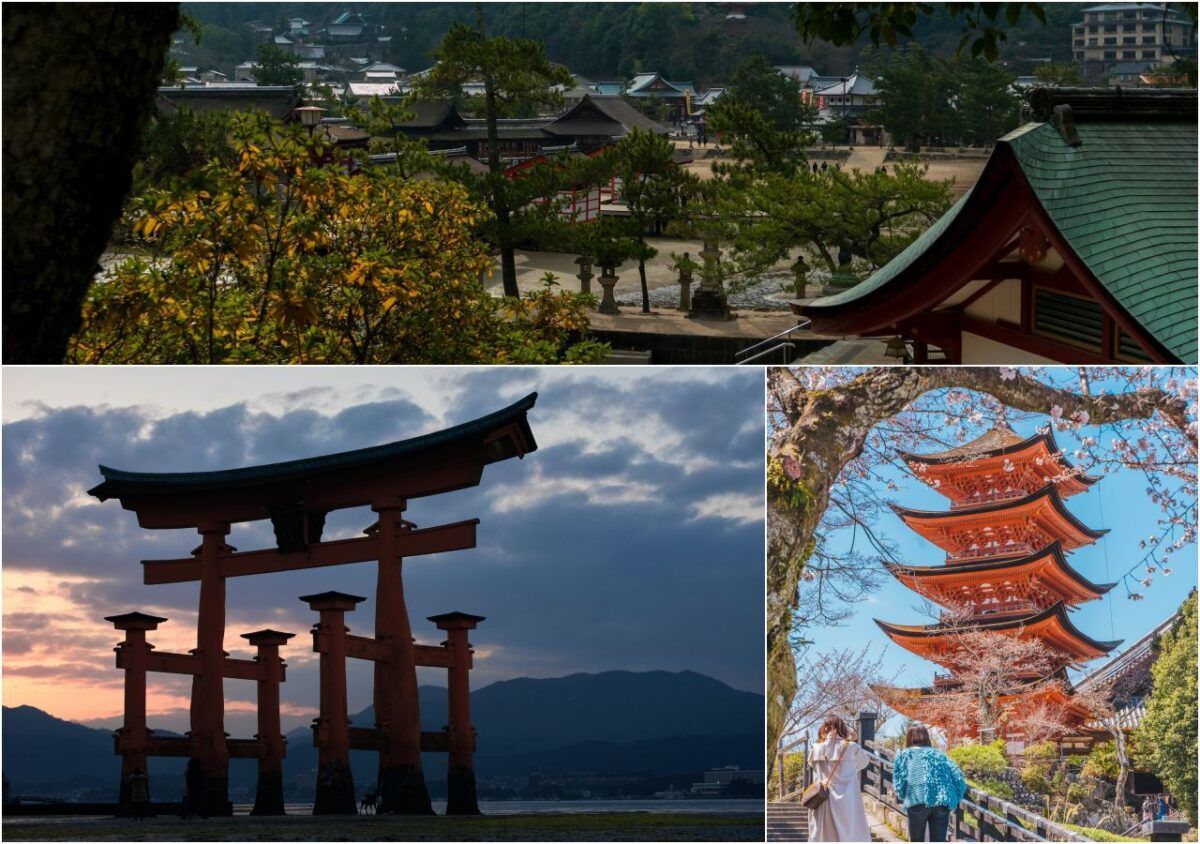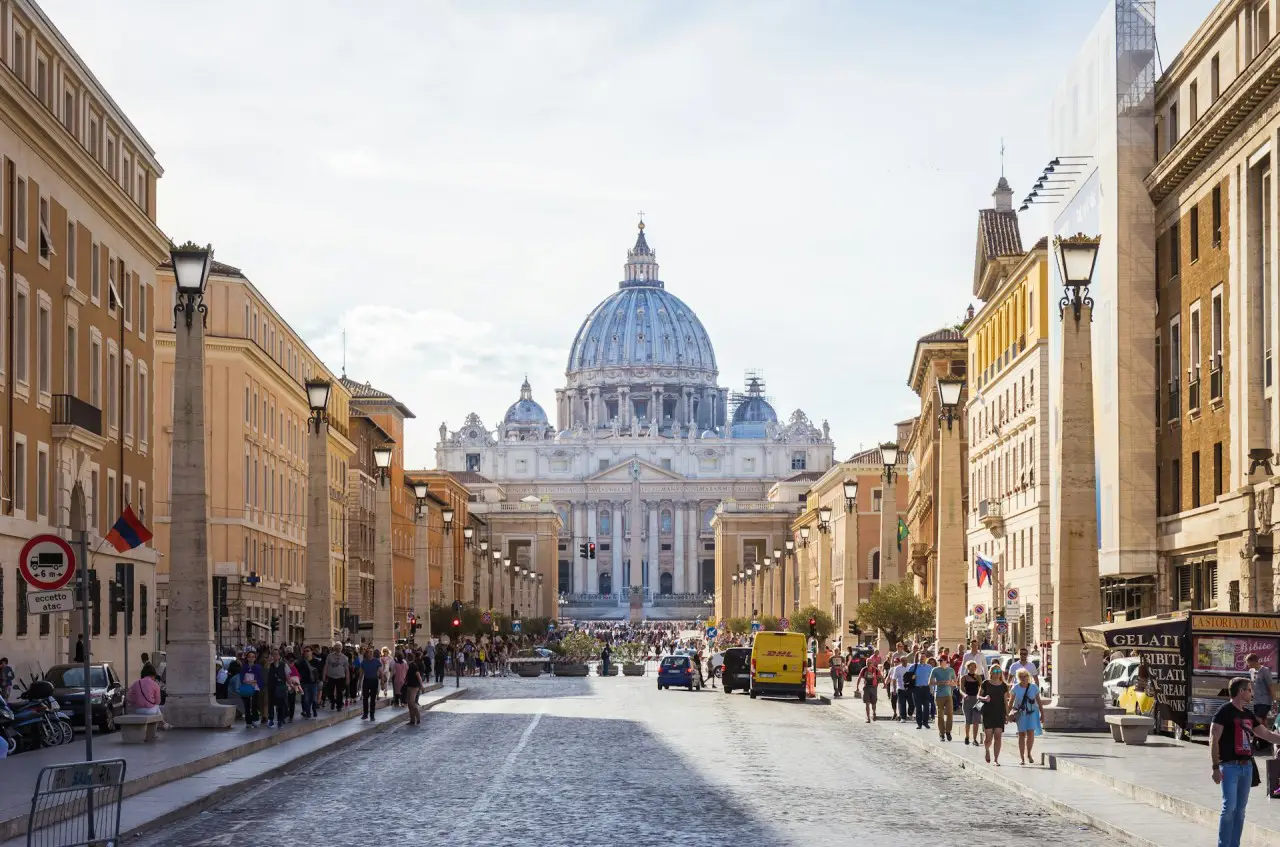Hatsukaichi, a city in western Japan, renowned for housing the ancient Itsukushima Shrine, a UNESCO World Heritage site, has instituted a novel tax on visitors.
This initiative is a part of Japan’s broader strategy to conserve its illustrious heritage and foster sustainable tourism communities.
Hatsukaichi stands out as the first Japanese municipality to enforce a local tax specifically targeting visitors to a tourist area, setting a precedent in the nation’s tourism sector. Several cities like Kyoto have previously implemented hotel taxes, but Hatsukaichi’s approach is more encompassing, focusing on the entire sightseeing locale.
Starting October 1, a tax of 100 yen ($0.68: $1=147.9 yen) has been levied on each tourist visiting Miyajima Island, the southern jewel of the city where the revered shrine is situated. This tax is incorporated in the ferry boarding ticket prices to the island, offering visitors an option to opt for an annual tax of 500 yen for unlimited visits.
Hatsukaichi’s Responsibility for Preservation
Shunji Mukai, a city official, emphasized the city’s commitment to safeguarding nature, history, and culture for future generations. The city’s focal point for tourism is the seaside shrine, established in 593, recognized globally for its iconic “floating” torii gate and was designated as a UNESCO World Cultural Heritage site in 1996.
Itsukushima, located a mere 16 kilometers southwest of Hiroshima Peace Memorial Park, garnered international spotlight in May when leaders of the Group of Seven, including US President Joe Biden, paid a visit during the G7 Hiroshima Summit 2023.
Mukai highlighted the necessity to balance hospitality for tourists with the well-being of the island’s inhabitants. He expressed the city’s aspiration for tourists to become collaborators in preserving Miyajima by sharing responsibilities and contributing to the city’s financial stability, which is crucial for addressing these challenges.
The revenue generated from the new tax will be allocated for the upkeep of tourism information desks and restrooms, conservation of cultural treasures and historical structures, minimizing environmental impact, and advancing ecotourism. A survey conducted by the city revealed overwhelming support, with 93 percent of tourists in favor of the tax.
Addressing Over-Tourism Post-Pandemic
The tax initiative also aims to mitigate the challenges of over-tourism, especially as the city experiences a tourist influx with the easing of global pandemic restrictions. After a slump in 2021, the visitor count is on a rebound, anticipated to surpass four million this year.
Hatsukaichi’s innovative approach serves as a beacon for other tourist-centric towns contemplating similar fiscal measures. Mukai expressed hope that their implementation of the visitor tax would assist other local municipalities grappling with over-tourism, emphasizing that the rich nature and history of Japan are national assets.
In conclusion, Hatsukaichi’s pioneering visitor tax is a strategic endeavor to harmonize tourism with heritage conservation and environmental sustainability. It not only underscores the city’s commitment to preserving its historical treasures but also sets a benchmark for sustainable tourism practices across Japan and potentially, the world.













